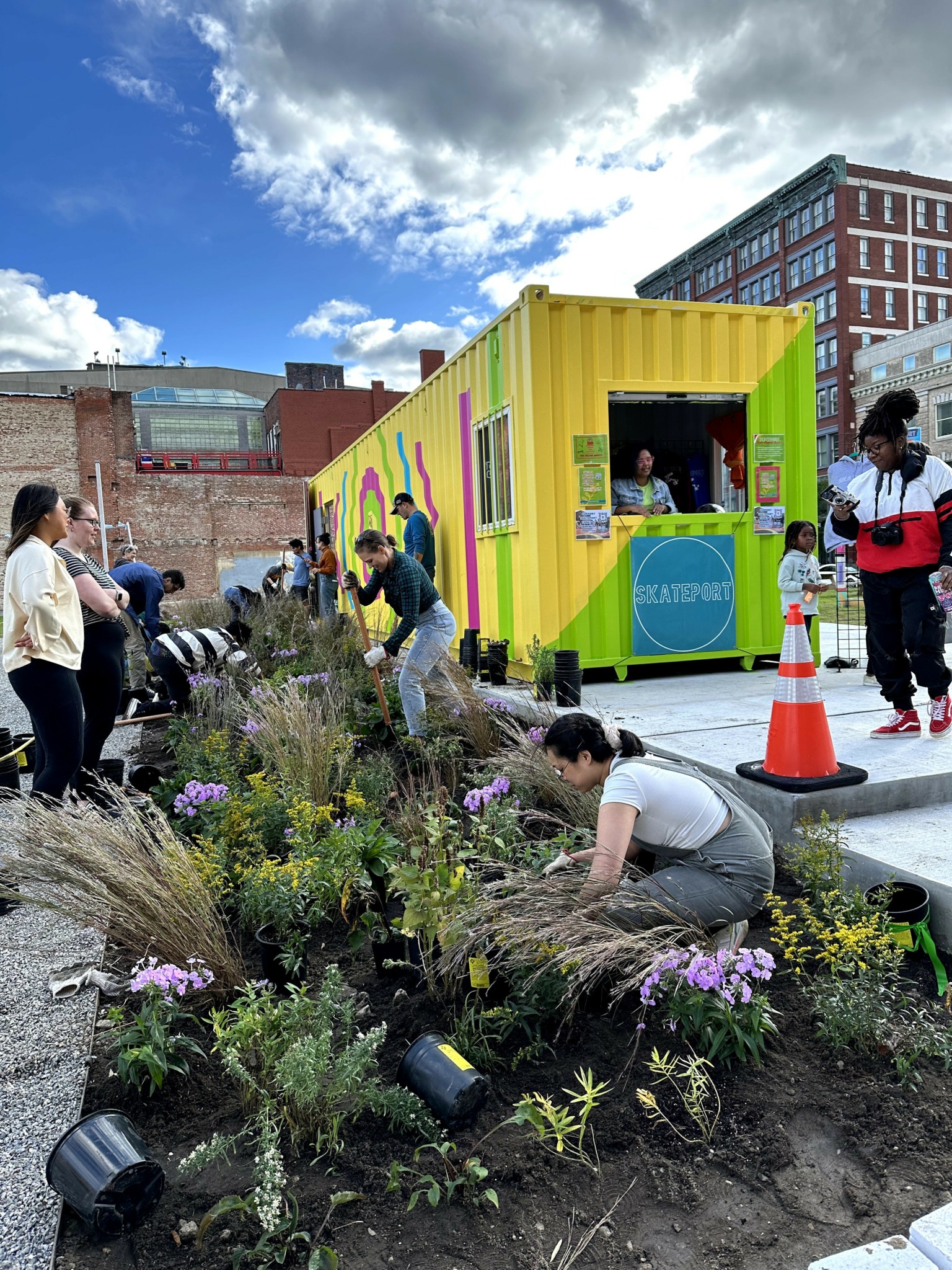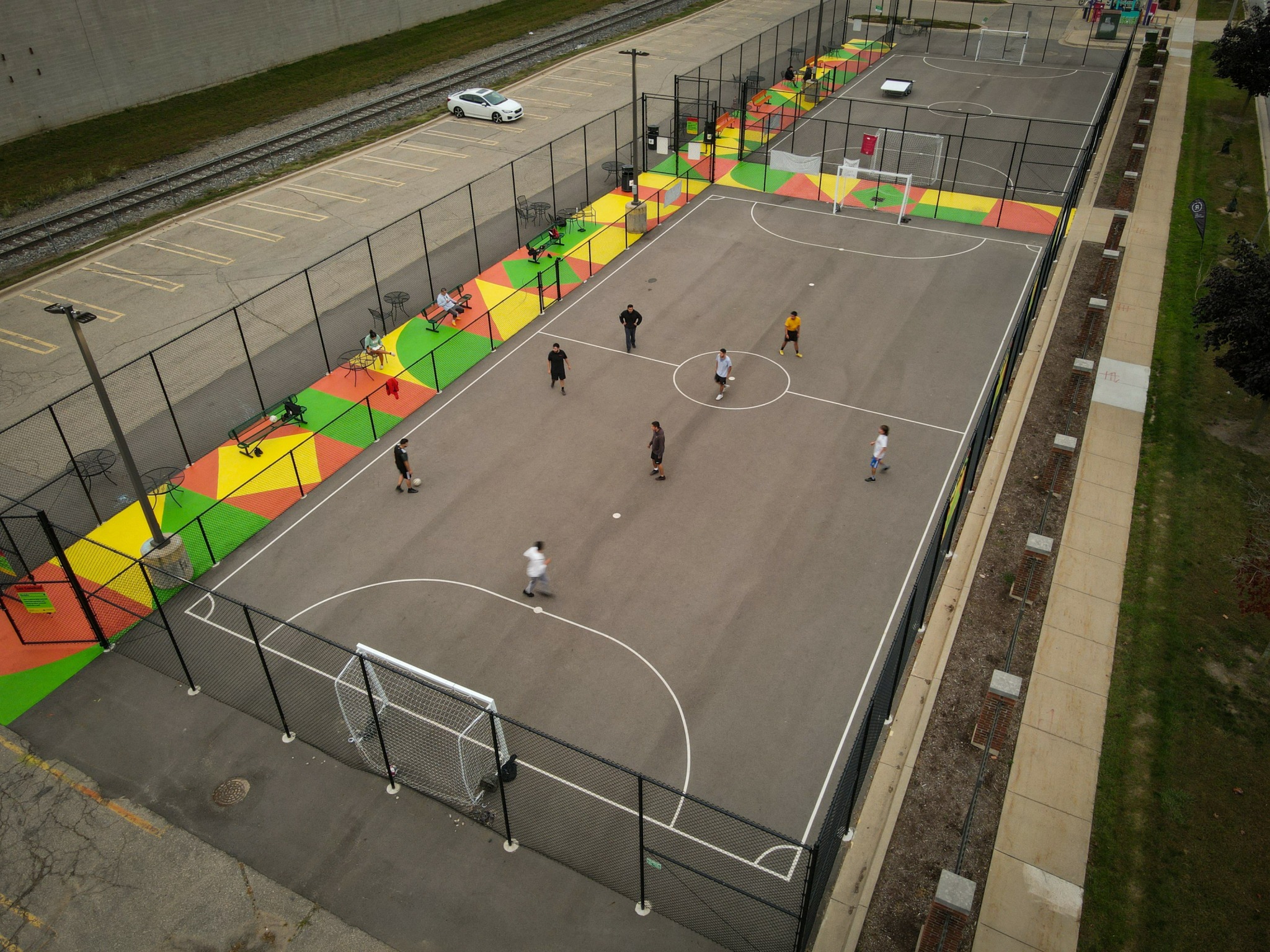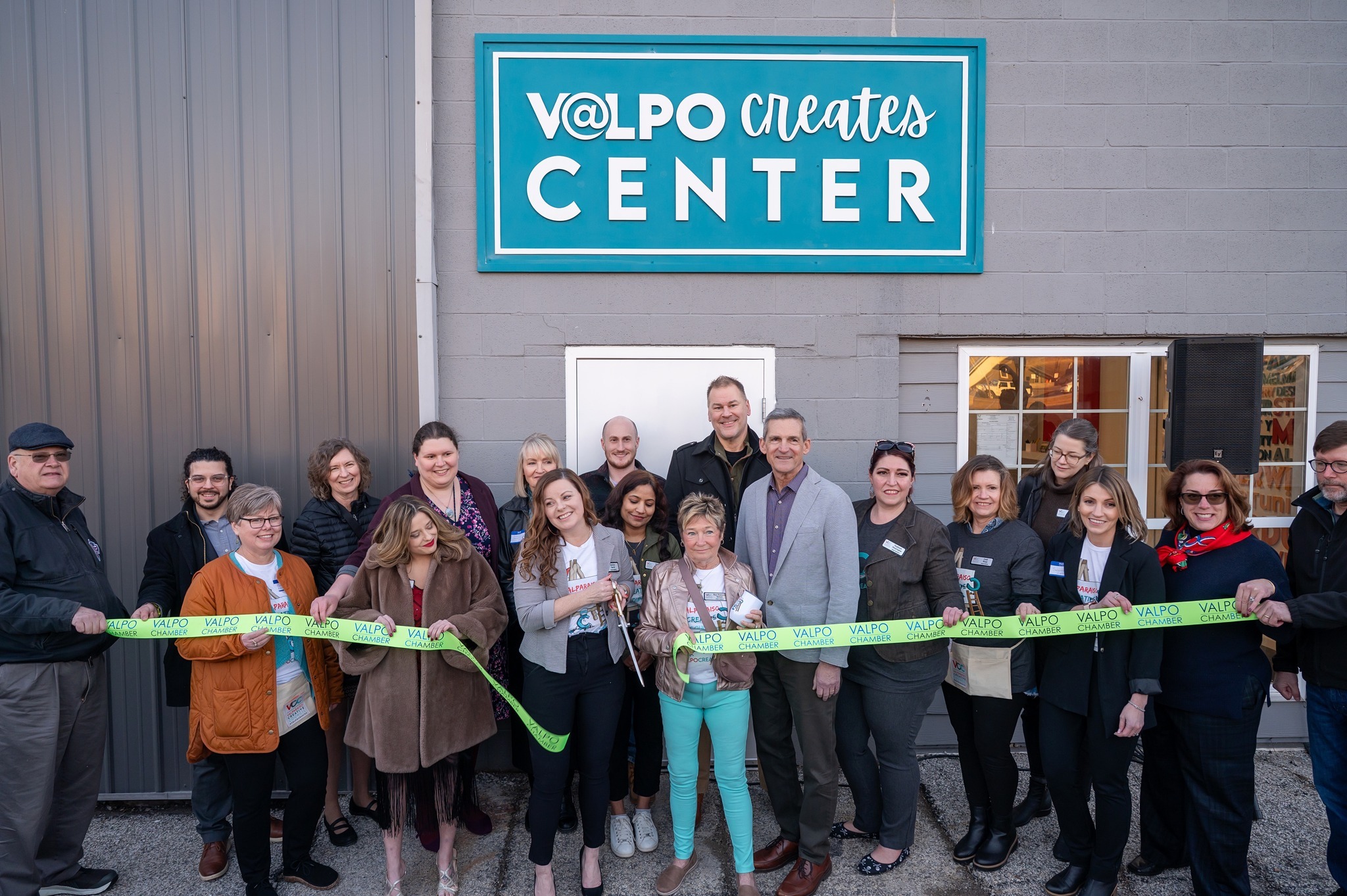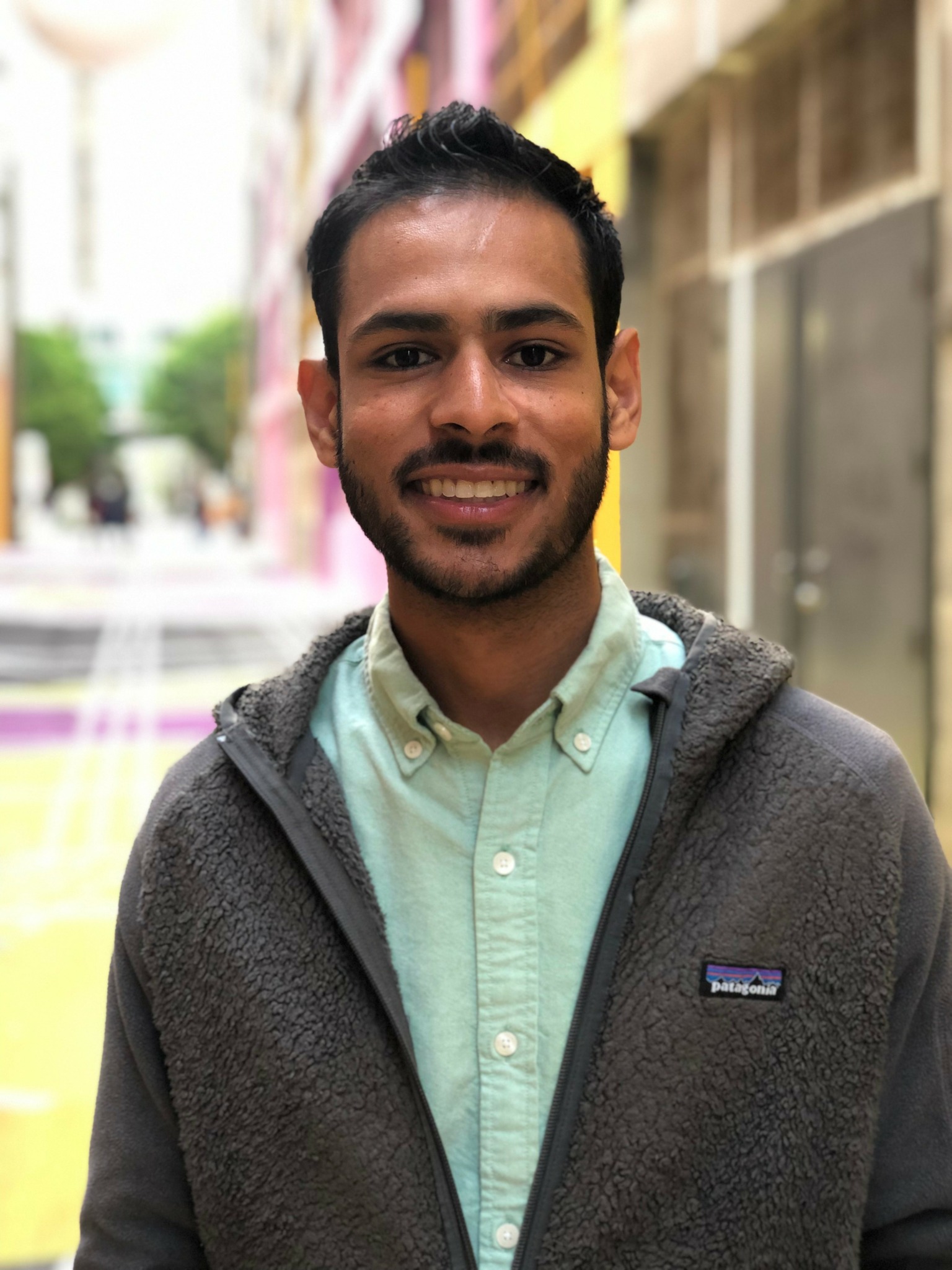We caught up with the brilliant and insightful Ebrahim Varachia a few weeks ago and have shared our conversation below.
Alright, Ebrahim thanks for taking the time to share your stories and insights with us today. Let’s start with the story of your mission. What should we know?
At Patronicity, our mission is to build vibrant communities by connecting changemakers with funding partners through civic crowdfunding. But for us, this isn’t just a mission—it’s personal.
We were founded in Detroit in 2013, a city defined by resilience, creativity, and community spirit. At the time, Detroit was facing enormous challenges—economic hardship, blight, and a lack of investment—but it was also a city brimming with grassroots energy, where artists, activists, and entrepreneurs were working every day to reimagine their neighborhoods. What we saw over and over again was this: the only thing standing between a great idea and real impact was access to funding.
That realization became our purpose. We wanted to democratize development—to make it possible for anyone with a vision for their community to bring it to life, and for anyone who cares to become a “patron in their city.” Crowdfunding gave people a voice, a way to rally support and show the demand for their idea. But we wanted to go further. That’s when we pioneered crowdgranting—pairing grassroots crowdfunding with institutional matching grants to close the funding gap and make local projects even more successful.
Our mission is meaningful to us because we’ve lived it. We’ve seen community gardens grow in vacant lots, public art transform abandoned corners, and local leaders rise up to make change. This work isn’t just about funding projects—it’s about building trust, shifting power, and creating a more equitable future. That’s why we do what we do.

Awesome – so before we get into the rest of our questions, can you briefly introduce yourself to our readers.
My name is Ebrahim Varachia, and I’m the President and Co-Founder of Patronicity, a civic crowdfunding platform working to build vibrant, equitable communities across the country. At our core, we exist to connect changemakers—individuals, nonprofits, community groups, and small businesses—with funding partners like state agencies, foundations, and CSR teams to bring community-led projects to life.
Our journey began in Detroit in 2013, a city that shaped our mission. Amid the backdrop of economic distress and blight, we saw not despair, but creativity, resilience, and untapped potential. People had powerful ideas to revitalize their neighborhoods—but lacked the resources to realize them. That’s where we came in.
We started with a simple tool: civic crowdfunding. It gave communities the ability to rally local support around their ideas. But we quickly realized that crowdfunding alone wasn’t enough to bridge the funding gap. So we innovated a model we call crowdgranting, which pairs grassroots donations with matching grants from institutional partners. This approach not only amplifies the impact of every dollar raised, it brings credibility, community buy-in, and equity to the funding process.
What sets us apart is how deeply personal and systemic our work is. We don’t just help fund projects—we provide one-on-one coaching, resources, and a platform that elevates local leadership. Our programs don’t impose top-down solutions. Instead, they democratize development, putting power and trust back in the hands of communities.
Through this work, we help changemakers build grassroots fundraising skills, access critical funding, and become visible leaders in their communities. We empower residents to invest in the change they want to see—whether financially or through volunteering—fostering civic engagement, stronger local networks, and a sense of ownership over the places they live.
We’re proud to work across areas like placemaking, climate justice, community & economic development, and sustainable growth, helping bring forward-looking, equity-centered ideas to life. We manage grants, streamline funding, and ultimately help ensure that public and private dollars are invested in projects with explicit local support and lasting community benefit.
What I’m most proud of is the impact we’ve had—not just in funding over 2,000 projects and unlocking $100M+ for community work—but in helping transform the way communities shape their own future. If there’s one thing I want potential partners and supporters to know, it’s this: we believe every community already has what it needs to thrive—our job is to help remove the barriers standing in the way.

Has your business ever had a near-death moment? Would you mind sharing the story?
Absolutely—we’ve had our fair share of “near-death” moments as a business, but none more defining than our launch year in 2013. That period tested everything: our resilience, our belief in the mission, and our willingness to keep going when the odds were stacked against us.
We officially launched Patronicity in April 2013 after over a year of groundwork—building relationships, testing our MVP, and developing a platform we believed could transform how communities fund and implement local projects. But here’s the truth: we had no money to pay ourselves, and even less traction than we hoped for. Our core idea—pairing crowdfunding with matching grants—made perfect sense in theory. But in practice, we hit a chicken-and-egg dilemma: we couldn’t get matching grants without active projects, and we couldn’t attract projects without committed matching funds.
One early effort with a local community foundation to support a tire-recycling initiative in Detroit’s Brightmoor neighborhood took months of back-and-forth just to secure a $3,500 grant match. Meanwhile, our small team was burning out—our interns returned to school in August, and I personally was in a near-fatal car accident that summer that put me in a year long recover with multiple surgeries and needing to learn to walk again. By December, we were on the brink of giving up. The dream felt like it was slipping away.
Then came the moment that changed everything.
That July, we had pitched the Michigan Economic Development Corporation (MEDC) on our model. At the time, they were offering matching grants for food trucks in Detroit, and we happened to have a small food truck campaign on our platform. Initially, they said it wasn’t a fit—the RFP had already closed.
But out of the blue in December, just as we were ready to shut things down, MEDC came back to us. They were interested in revisiting our model. When they asked if we were still game, we told them it had to be worth it—we were out of time and resources. They came back with a number that stunned us: $1 million in grant funds to support community projects through our platform.
Six months later, we re-launched Patronicity with that partnership. What started as a make-or-break moment turned into one of the most impactful programs in Michigan: a state-backed initiative offering up to $50,000 in matching funds to community-led placemaking projects. That $1M became a pilot for what’s now been replicated across multiple states and cities nationwide.
That near-collapse in 2013 taught us the value of staying rooted in our mission, even when the path forward isn’t clear. It also taught us that the right partner can change everything. We’re still here—and thriving—because we chose to hold on just a little longer.

Do you have any insights you can share related to maintaining high team morale?
At Patronicity, we’ve always believed that building and managing a strong team isn’t about hierarchy or rigid roles—it’s about building a shared journey. We often describe our team like a bus on a road trip. We may not always know exactly where everyone should sit right away, but the most important thing has always been having the right people on the bus—people who believe in the mission, bring diverse perspectives, and genuinely care about the communities we serve.
Culture fit and passion come first. We can always rearrange seats as we travel—shifting responsibilities, trying new things—but we can’t teach drive or shared purpose. That alignment is what powers our morale.
My leadership style is intentionally horizontal. I want everyone on our team to feel like their voice matters, whether they’re offering a new idea or pushing back on a decision. We’ve created a culture where feedback flows in all directions, and where people are not only valued for the work they produce, but also for the ideas and energy they bring to the table.
We often say we treat our team like a family, and while we’re not technically a family, we do care for one another deeply. That care translates into a high-trust, high-impact environment where people stay motivated because they feel seen, heard, and connected to something bigger than themselves.
The advice I’d offer to any leader: Hire people who share your passion, build trust through transparency and mutual respect, and never lose sight of the human side of your organization. That’s where morale lives—and where your mission truly takes root.
Contact Info:
- Website: https://www.Patronicity.com
- Instagram: https://www.instagram.com/patronicity
- Linkedin: https://www.linkedin.com/in/ebrahimvarachia/





